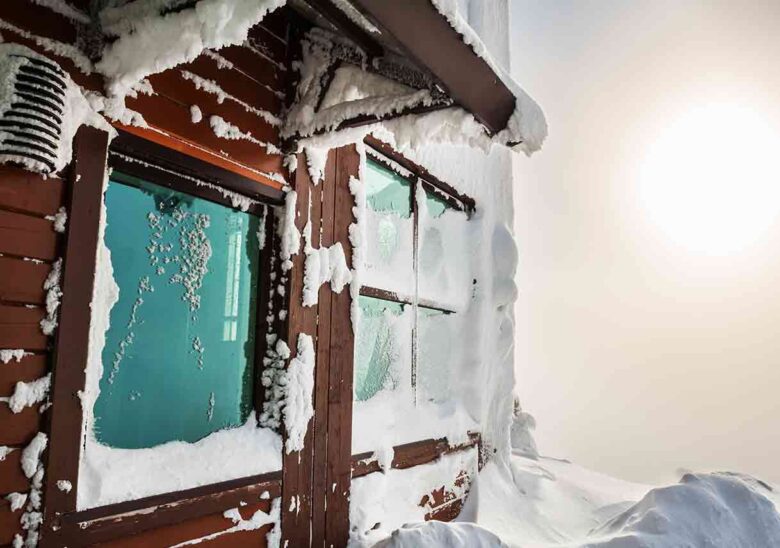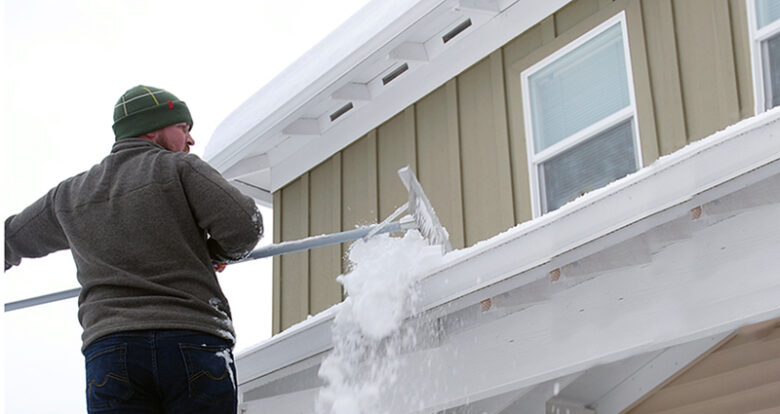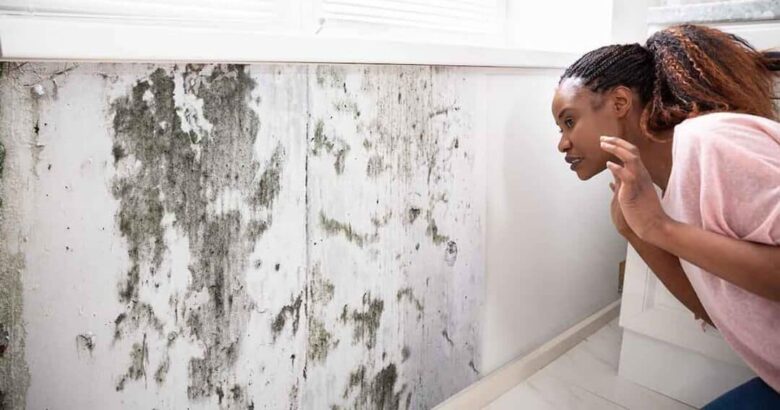Winter in the UK brings harsh weather conditions, often exposing or worsening housing disrepair issues. We understand how frustrating and unsafe it can be to live in a home with unresolved problems during this challenging season. This guide will help you understand common winter disrepair issues, how to address them, and when to seek legal assistance.
Contents
Understanding Housing Disrepairs

Source: bestpickreports.com
Housing disrepair refers to damage or faults in your home that make it unsafe or unsuitable to live in. Whether you rent a council property or housing association accommodation, it’s your landlord’s legal responsibility to ensure your home is safe, habitable, and well-maintained.
Landlords are responsible for:
- Fixing structural issues such as cracks, holes, and faulty windows.
- Repairing or maintaining essential systems like heating, water, and gas.
- Resolving issues like damp, mould, or vermin infestations.
- Addressing hazards that could harm tenants, such as fire risks or unsafe wiring.
Common Winter Disrepair Issues
Winter weather often worsens existing problems or introduces new ones. Common issues include:
- Mould and Damp: Caused by poor ventilation, leaks, or water ingress, damp can spread faster in cold, humid conditions, posing health risks.
- Heating Problems: Faulty boilers or radiators can make your home unbearably cold, especially during sub-zero temperatures.
- Structural Damage: Cracks, broken windows, or roof leaks can allow cold air and moisture into your home.
- Vermin Infestations: Holes or gaps caused by disrepair may allow rodents and pests to enter your home, spreading disease.
Your Landlord’s Responsibility
Your landlord is legally obligated to address disrepair issues once notified. If they fail to act, this could amount to negligence, especially if the disrepair leads to further damage or harm to you and your family. Examples of negligence include:
- Ignoring repair requests.
- Making substandard repairs that exacerbate the problem.
- Refusing to carry out repairs entirely.
If your landlord fails to resolve the issue within a reasonable time, typically one month, you may have grounds to file a housing disrepair claim.
How to Stay Safe during Winter Disrepairs

Source: directenergy.com
While waiting for repairs, you can take steps to protect yourself and your family:
- For Heating Issues: Use portable heaters, layer clothing, and stay in one room to conserve warmth.
- For Mould and Damp: Open windows for ventilation, use dehumidifiers, and wipe down damp areas.
- For Structural Damage: Cover cracks or holes with temporary materials to block cold air and pests.
- For Vermin Infestations: Seal food in airtight containers, set traps, and contact pest control if necessary.
Why Housing Disrepair Worsens in Winter
Winter months bring harsh weather conditions, including cold temperatures, heavy rain, and frost, which can significantly worsen housing disrepair issues. Structural vulnerabilities, such as cracks in walls, broken windows, or roof leaks, are exacerbated by freezing and thawing cycles, leading to further damage. Damp and mould become more prevalent as colder temperatures create condensation, especially in poorly ventilated homes. Additionally, heating systems are under greater strain during winter, making breakdowns more likely. These issues not only make homes uncomfortable and unsafe but can also increase utility costs and health risks, particularly for vulnerable residents such as children and the elderly.
When to Seek Legal Help
If your landlord neglects their duty of care and your disrepair issue persists or worsens, you may be entitled to compensation. A successful housing disrepair claim can cover:
- Personal Injuries: Health problems caused by damp, mould, or unsafe living conditions.
- Damage to Belongings: Costs to replace furniture, clothing, or other items damaged by disrepair.
- Inconvenience: Disruption to your daily life, such as needing to relocate or live without heating.
Housing disrepair solicitors can assist tenants in holding landlords accountable for failing to maintain their properties. They provide expert guidance, help gather evidence such as photos and correspondence, and ensure tenants understand their rights. Solicitors negotiate with landlords to secure timely repairs and, if necessary, pursue compensation for personal injuries, damage to belongings, or inconvenience caused by the disrepair. With professional support, tenants can achieve safer, more habitable living conditions without the stress of navigating legal complexities alone.
Case Study: Severe Damp and Mould Affecting Family Health

Source: allergyasthmanetwork.org
A family of four lived in a rented council property where persistent damp and mould spread across the walls and ceilings. Despite repeatedly notifying their landlord, the issue was ignored, leading to worsening conditions. The damp caused the youngest child to develop respiratory issues, and the family had to replace mould-damaged furniture and clothing.
The family contacted a housing disrepair solicitor, who advised them to document the damage with photos and medical records. The team submitted a housing disrepair claim, highlighting the landlord’s negligence and the impact on the family’s health and belongings.
The landlord was ordered to carry out repairs, including re-plastering and installing proper ventilation. The family also received £9,000 in compensation for health impacts, replacement costs, and inconvenience.
